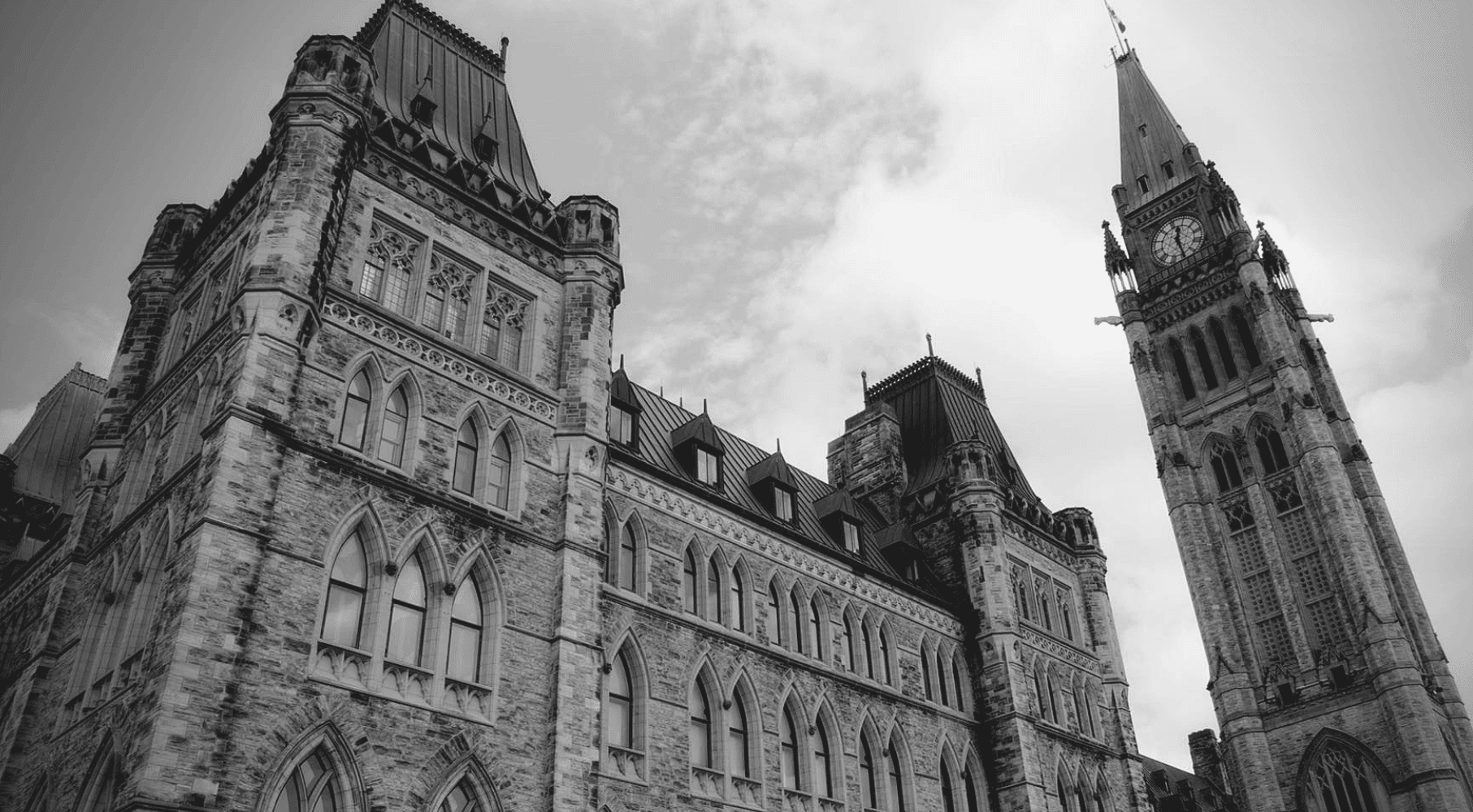 If the UNDRIP legislation is designed to signal transformative change in government policy with Indigenous peoples, the political stick-handling leaves much to be desired, write Heather Exner-Pirot and Ken Coates in the Vancouver Sun.
If the UNDRIP legislation is designed to signal transformative change in government policy with Indigenous peoples, the political stick-handling leaves much to be desired, write Heather Exner-Pirot and Ken Coates in the Vancouver Sun.
By Heather Exner-Pirot and Ken Coates, May 31, 2021
The federal government, through Bill C-15, is on the verge of entrenching the United Nations Declaration on the Rights of Indigenous Peoples (UNDRIP) into Canada law. This issue has been on the Liberal Party agenda since 2016, but it has yet to cross the finish line.
A debate could and should be had about the utility of Bill C-15. For supporters, implementing UNDRIP raises the bar for Indigenous policy-making and government funding commitments. But for critics, the legislation is little more than empty promises, most of which the federal government will not be able to honour.
At this juncture, the focus should be on the process by which UNDRIP is being introduced into Canadian law. Properly done, the legislation could be a unifying and transformative act, on par with the Harper government’s apology for residential schools. Instead, this legislation was introduced in December in the midst of the pandemic, rushed through a truncated House of Commons agenda under closure, and is being pushed along with minimal public engagement or interest. If the legislation is designed to signal transformative change in government policy with Indigenous peoples, the political stick-handling leaves much to be desired.
But there is a more fundamental issue at stake here. The UNDRIP bill appears to have ignored one of the core principles of the proposed legislation. Article 19 of the Declaration asserts that: “States shall consult and cooperate in good faith with the Indigenous peoples concerned through their own representative institutions in order to obtain their free, prior and informed consent before adopting and implementing legislative or administrative measures that may affect them.”
While “free, prior and informed consent” is typically associated with resource and infrastructure development, the document that the government wishes to enshrine in Canadian law includes the same language with regards to “legislative or administrative measures” that apply to Indigenous peoples. This requirement unequivocally applies to Bill C-15 itself.
There are many vital questions arising from C-15 that merit attention. The relationship between “free, prior and informed consent” and existing “duty to consult and accommodate” provisions relating to natural resource development remain largely unexplored. The legal status of the UNDRIP articles, similarly, requires clarification. Do the provisions about Indigenous languages, for example, mean that First Nations can demand funding for language retention and maintenance initiatives?
Canada has many outstanding legal obligations to Indigenous peoples, on everything from resource rights and clean water supplies to child welfare and the protection of Indigenous women and girls, that remain unfulfilled. Now, the country is adding several dozen significant, open-ended commitments with no clear plan to honour, address or pay for them.
At many levels, UNDRIP is a remarkable document, created through years of negotiations between Indigenous peoples and governments around the world. It articulates one of the most fundamental realities of human history: the expansionist and settler societies that moved onto Indigenous traditional lands had a dramatic and lasting impact on the original inhabitants of the land, that governments supported the settlers and marginalized Indigenous peoples, and that language and cultures have suffered grievous harm.
But there is a contradiction in pushing through a bill meant to uphold the principle of free, prior and informed consent when so many Indigenous nations have rejected it. The process belies the standard that the federal government believes to be acceptable in its implementation of the Declaration. It is a standard that many Indigenous peoples will find disappointing.
Heather Exner-Pirot is a fellow at the Macdonald-Laurier Institute. Ken Coates is a Munk senior fellow at the Macdonald-Laurier Institute.




